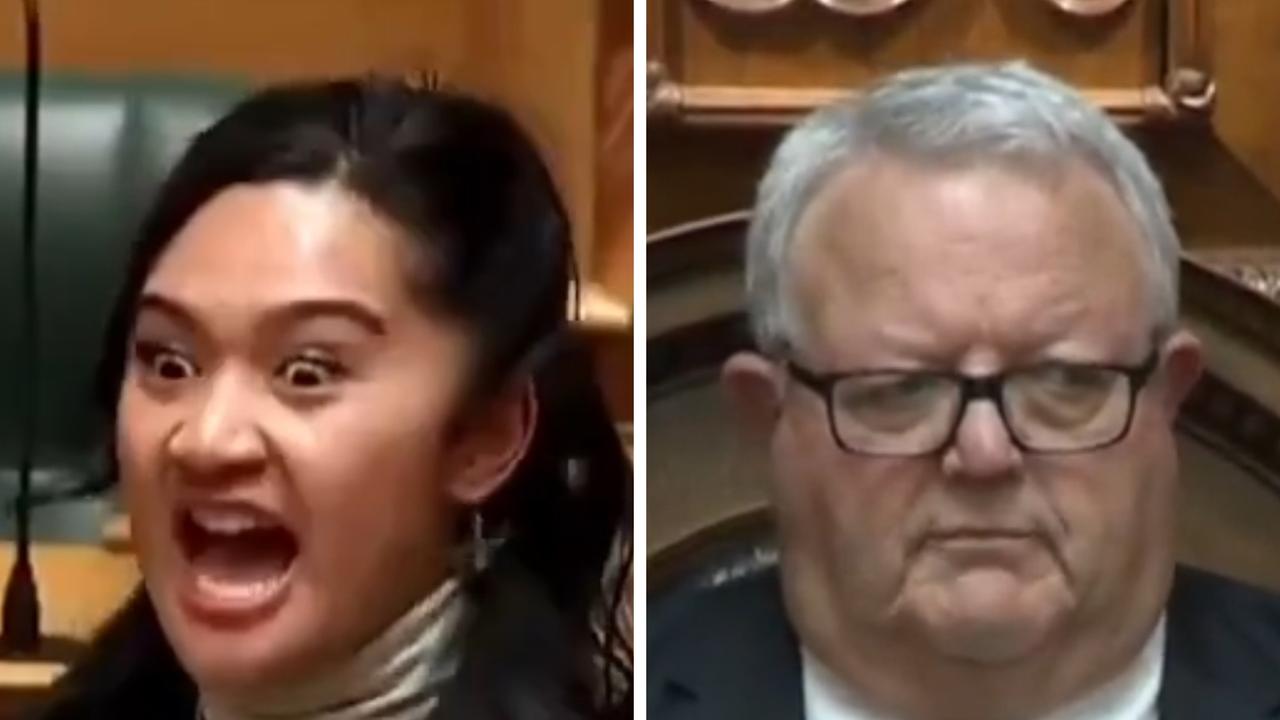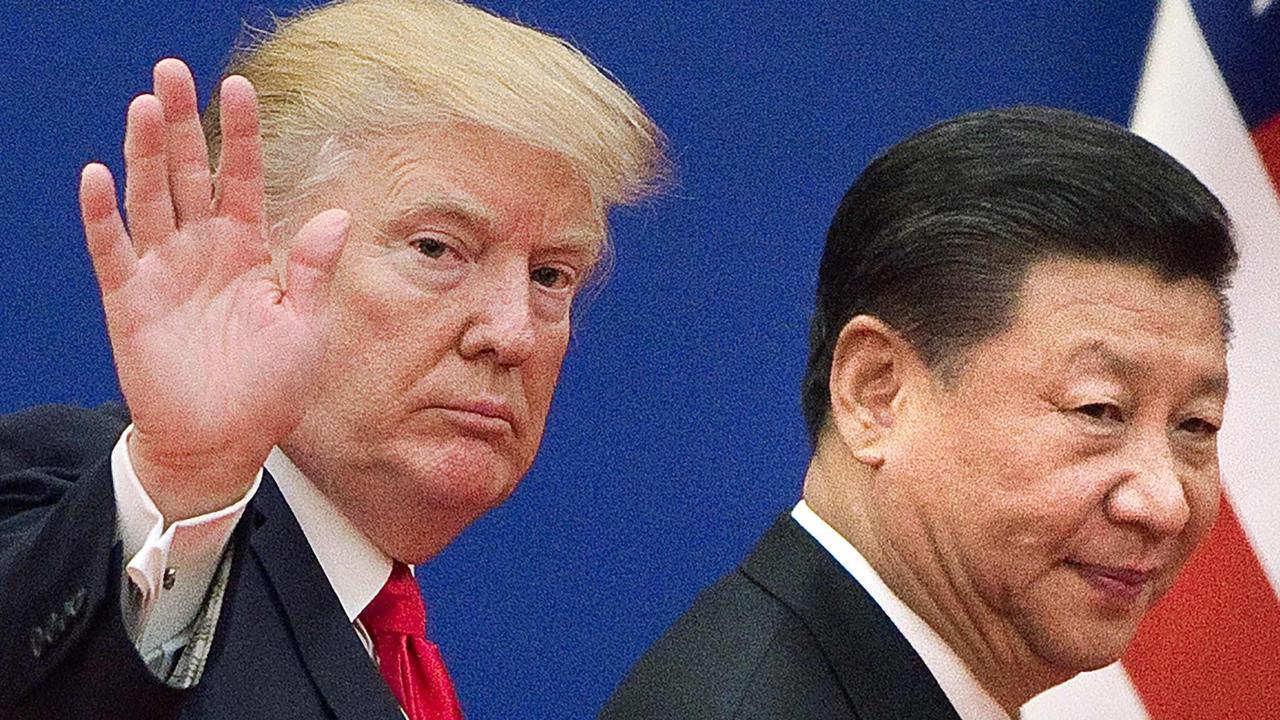Queen could be drawn into ugly feud
This feud has dominated headlines and has everyone guessing as to what comes next — including the Queen herself stepping in.

It is the divisive debate that no one in the United Kingdom can escape — and in the end it may be the Queen who is forced to intervene.
With days to go until the crunch vote in the British parliament that will determine the fate of prime minister Theresa May’s Brexit deal, there is growing concern the outcome could push the Queen, as head of state, directly into British politics.
If the controversial deal is rejected by MPs in the House of Commons, as expected, Mrs May will face calls to resign. Although not a confidence issue, she has championed this deal and has refused to consider a Plan B, meaning the opposition Labour Party may try to oust her.
They are likely to push for a formal vote of no confidence in the British prime minister — and with no majority and a growing list of rebels in her Conservative Party who want her gone, there is no guarantee she will win such a vote.
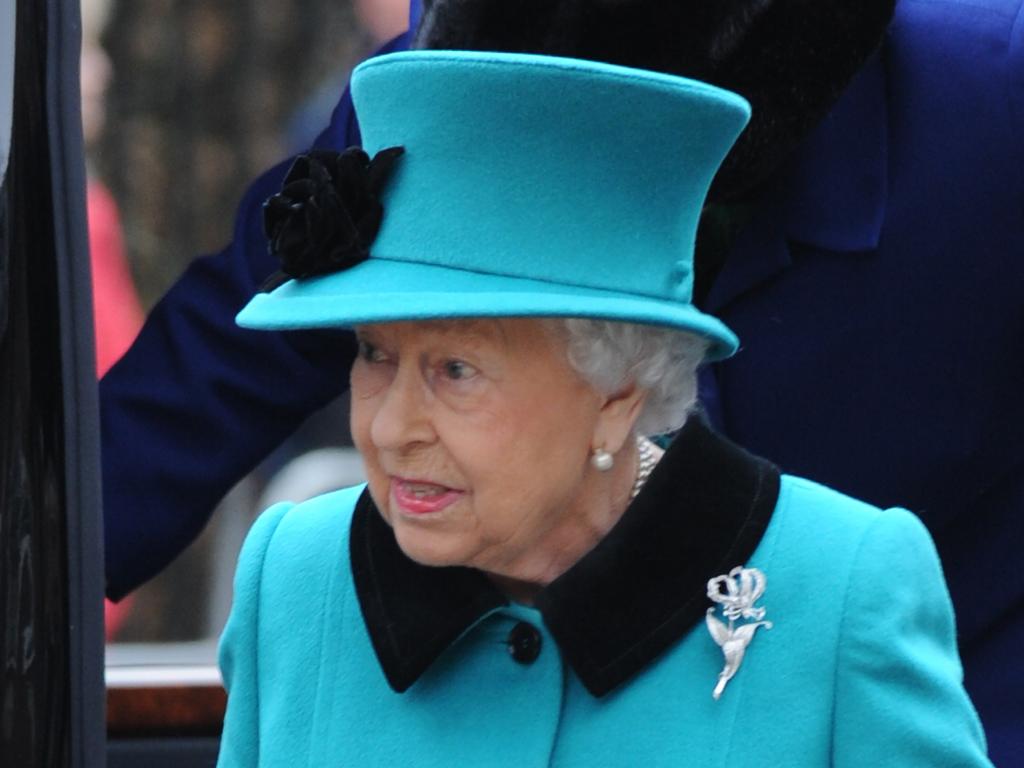
If the vote is successful, there is a 14-day window for a new government to be formed, either under a new leader or Mrs May. Then MPs vote again — if there is no majority, a snap election will be called.
If Mrs May refuses to resign, the Queen could become involved.
One of the PM’s most senior ministers, Andrea Leadsom, suggested last month she would not feel bound to resign after losing a vote.
David Howarth, professor of law and public policy at Cambridge University, told The Times: “The Queen would have to step in to dismiss the ministry, a step which, though legitimate, would threaten to bring her into politics. The Queen would not know at that point whether a new government could be formed, and her judgment might be proved wrong.
“And what if Jeremy Corbyn failed to win the House’s confidence? The result would be a general election in the middle of a national crisis about Brexit, an election highly likely, given the divisions in both main parties, to settle nothing about the cause of the crisis.”
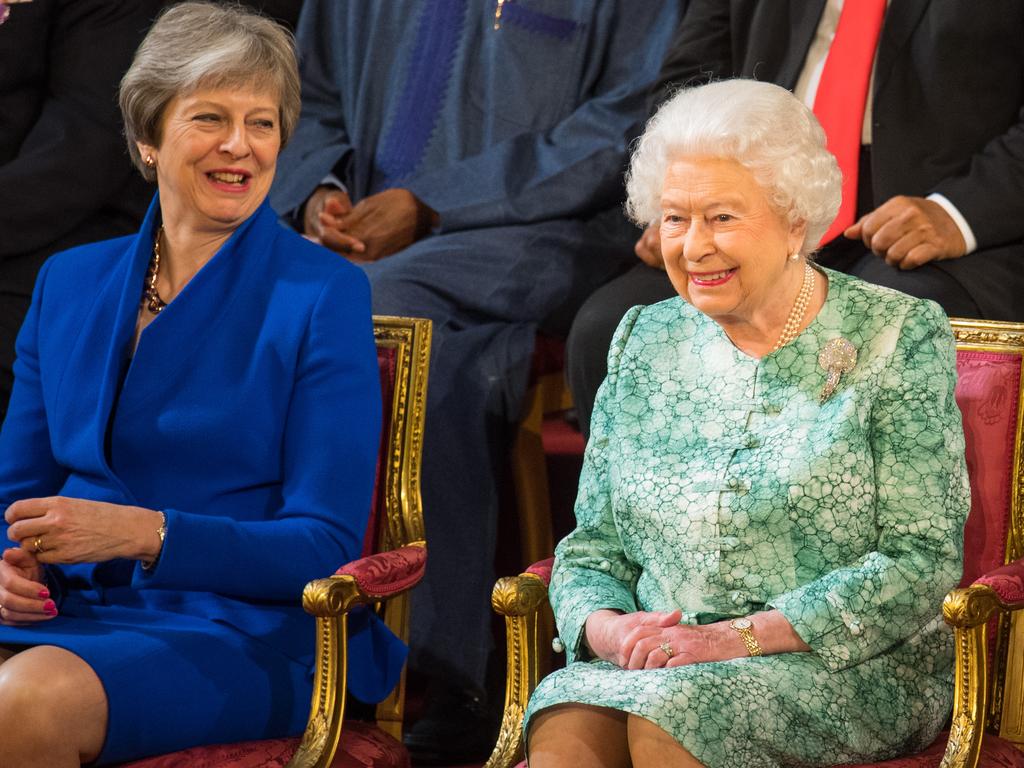
There is another scenario that could see the Queen becoming involved. If Mrs May does quit, the Conservative Party will hold a leadership election to replace her. That process could take weeks.
In the interim, her de facto deputy David Lidington would become prime minister — but that is not clear cut, either due to the tension within the Conservatives and their lack of a majority.
According to The Sun, Labour also believes that because the Brexit deal is so crucial to the Government’s agenda, the vote should be treated as a confidence motion.
The law states that if the Government loses a Commons vote of confidence, the Opposition must be offered the chance to take over.
That would mean Mr Corbyn becoming prime minister as he tries to build a coalition of support in the parliament.
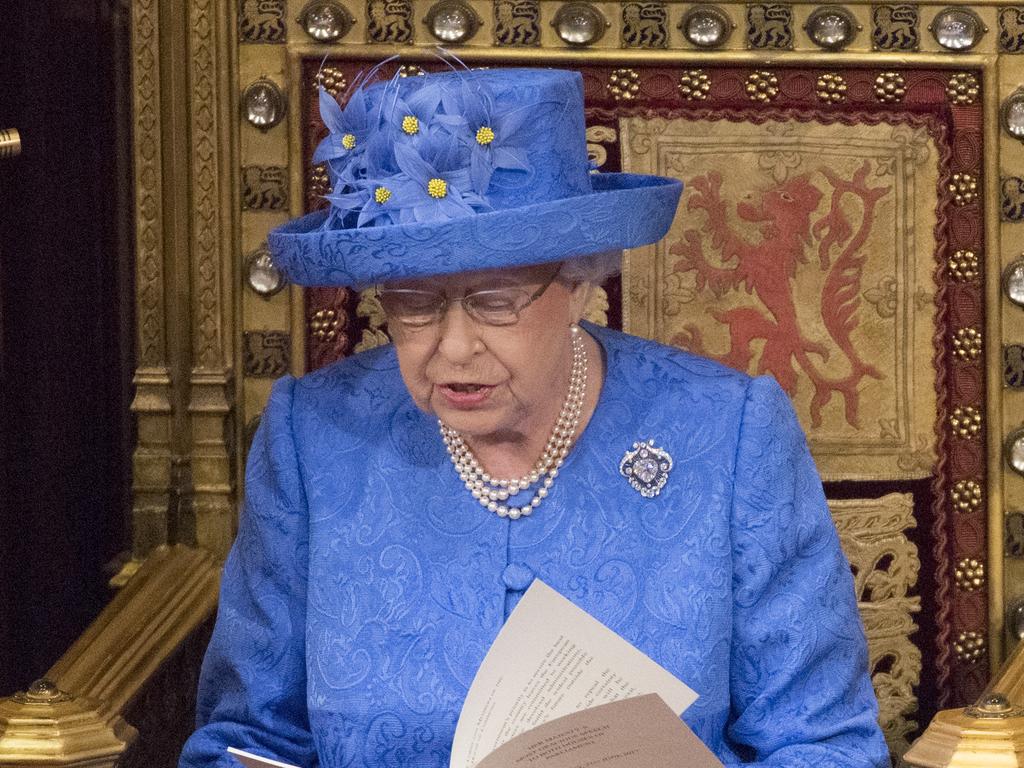
Ultimately, the choice of which party should get first option will have to be made by Buckingham Palace.
It is the Queen who formally invites a party leader to try to form a Government.
One insider told The Times: “As the Queen, I would not like to be in this situation. Whatever she does is certain to be controversial.”
Despite fears she could lose the Brexit vote by up to 100 votes, Mrs May has shrugged off suggestions to postpone the vote.
Several ministers are believed to be pressuring her to at least delay the vote.
She told BBC radio today: “We’re in the middle of 5 days of debate which will lead to a vote on this issue... they are voting on the deal.”
However, she refused to be drawn on whether it could be cancelled altogether. She continued to insist her deal was the only way to deliver Brexit to the people who voted for it in a 2016 referendum.
The agreement is the only way to avoid a no-deal Brexit that would have dire consequences for the economy and head off those who are trying to use the debate to prevent the country from leaving the EU, she said.
“There are those who want to frustrate Brexit and overturn the vote of the British people,” she said. “That’s not right.”
Meanwhile, EU chief negotiator Michel Barnier warned on Thursday that approval of the withdrawal agreement by the British and European parliaments was “the basis for everything”.
“If there is no treaty, there is no transition period, nor is there the basis of trust with the British that we need to build the future relationship,” Barnier said.
“The British politicians will vote on this text and on the future relation in the next few days. It is a vote on which the future of their country depends.”



